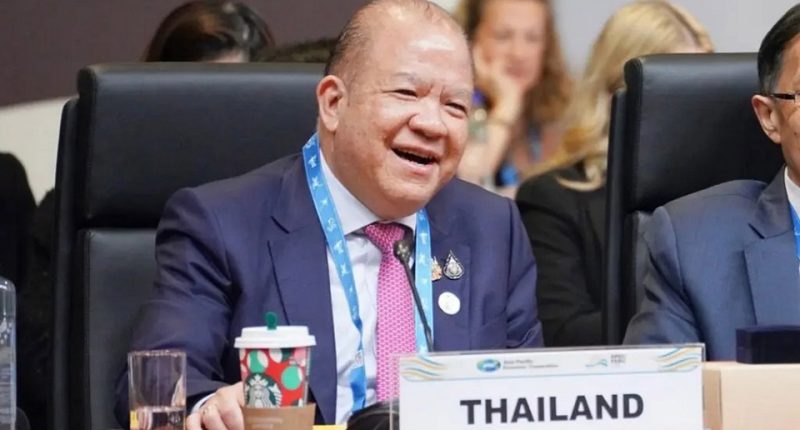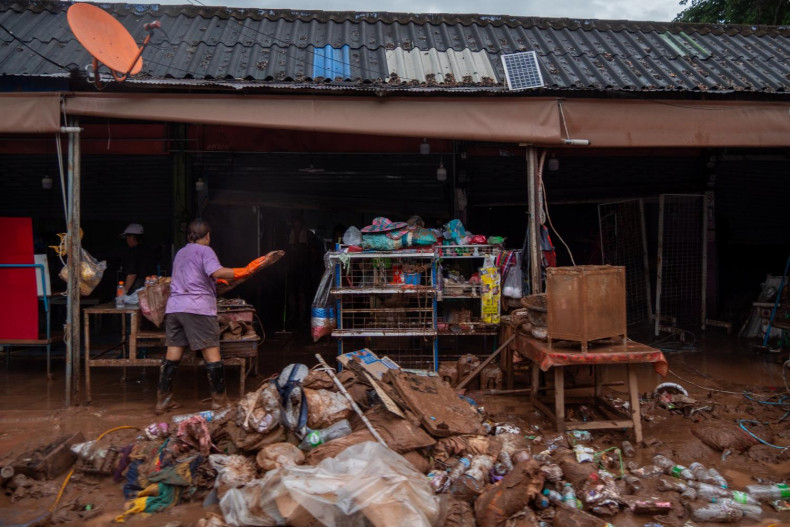Thailand is preparing to finalise a landmark Free Trade Agreement (FTA) with the European Free Trade Association (EFTA) by January 2024. The agreement marks Thailand’s first FTA with a European trade bloc and is expected to bolster exports, attract investments, and enhance Thailand’s position in the global economy.
EFTA Partnership: A Milestone in Thailand’s Trade Strategy
Who Are EFTA Members?
The EFTA comprises Switzerland, Norway, Iceland, and Liechtenstein, offering Thailand access to lucrative European markets.
Commerce Minister Pichai Naripthaphan highlighted the FTA’s importance, describing it as a pivotal step for economic growth and trade expansion.
“This is Thailand’s inaugural FTA with a European bloc, setting a precedent for modern trade standards and sustainable development goals,” said Pichai.
Comprehensive Scope of the Agreement
What Does the FTA Cover?
The FTA includes 15 broad areas designed to modernise trade relations and foster sustainable development. Key areas include:
- Trade in Goods
- Rules of Origin
- Investment Opportunities
- Trade Facilitation
- Intellectual Property Rights
- Sustainability and SMEs Development
Future Expansion Opportunities
The FTA is seen as a stepping stone toward future trade agreements with other significant partners, including the European Union, advancing Thailand’s global trade ambitions.
Economic Impact of the Thailand-EFTA Trade Partnership
Surging Trade Figures
Between January and October 2023, trade between Thailand and the EFTA exceeded US$10 billion, accounting for 2.03% of Thailand’s global trade and reflecting a 23.22% year-on-year growth.
Key Thai Exports and Imports
- Exports to EFTA: Jewellery, watches, canned seafood, machinery, cosmetics, and rice.
- Imports from EFTA: Gems, gold, pharmaceuticals, scientific equipment, and fresh seafood.
The agreement is expected to further diversify and increase Thailand’s trade portfolio.
Next Steps: Approval and Implementation
High-Level Signing at WEF Davos
The FTA will be presented to the Thai Cabinet for approval before its official signing at the World Economic Forum (WEF) in Davos, Switzerland, in January 2024. Prime Minister Paetongtarn Shinawatra and Commerce Minister Pichai will attend the signing ceremony.
Ratification and Rollout
Following Parliamentary approval, the agreement will be ratified, paving the way for implementation and significant contributions to Thailand’s GDP growth.
A Strategic Vision for Thailand’s Future
The Thailand-EFTA Free Trade Agreement aligns with Prime Minister Paetongtarn Shinawatra’s vision of positioning Thailand as a global trade hub. By establishing this partnership, Thailand is set to achieve:
- Increased export opportunities
- Enhanced foreign investment
- Strengthened trade ties with Europe
As the January deadline approaches, Thailand’s first European trade agreement symbolizes a bold step toward economic transformation, underscoring its commitment to modernisation, sustainability, and global collaboration.









